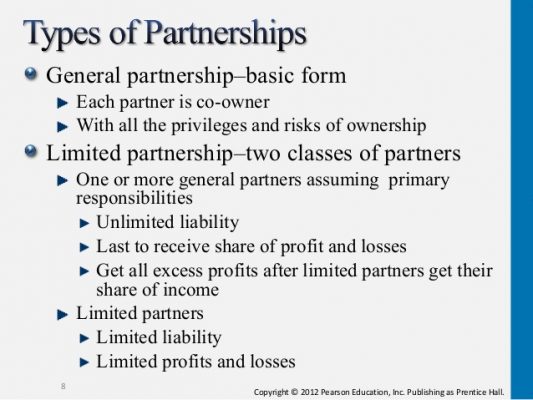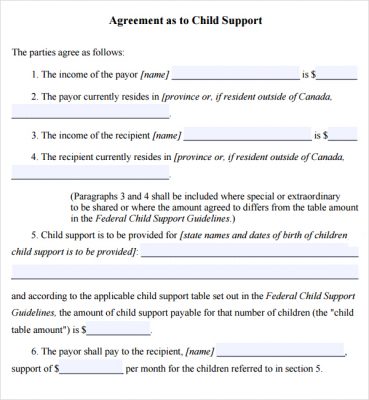We have ten reasons for cohabiting couples to have joint tenancy of a property:
10. IT IS SIMPLE. The lease set is easy to get. Is achieved just by including a clause that refers to a type of ownership in the title to the property.
9. DEMONSTRATES COMMITMENT. If you own a house as joint owners, shows that in the relationship there is a long-term commitment.
8. FINANCIAL SECURITY. Become co-owners, or the owners of a house in general, tends to be better in the long term to pay together the rent year after year. Owning a home is an investment that can provide financial security to both parties and to constitute a fund partially for their retirement. As co-owners, both parties can dispose of the capital property in the event that in the future they need the money for other purposes.
7. EXEMPTIONS, TAX. The property of a house may grant exemptions from the substantial a couple. However, these waivers may be more complicated when the couple is not married. A marriage owner of a house can deduct from their taxes sets the mortgage and property taxes. A cohabiting couple will not be able to do a joint tax return and you will have to find a way to split the exemptions. If it is more economically viable than only one of the parties makes the deductions on your tax return, the other party must be compensated in some other way; perhaps being responsible for less expenses related to the house.
6. PREVENTS THE COLLECTION OF TAXES ON DONATIONS. If a cohabiting couple is only one of the members is the owner of the house and the other lives without paying rent, the Internal revenue Service (Internal Revenue Service, IRS) may consider this agreement as a donation for the partner who does not pay rent. If the donation amounts to more than $10,000 per year, or the equivalent of an estimated $833 per monthly rent, the donor or owner of the house will have to pay gift taxes. However, this complication can be avoided if the owner of the house charged rent to his partner and maintains up to date accounting records that reflect payments.
5. WELL SHARED. Buy a house as joint tenants means that they are owners of your home, perhaps the asset of greatest value that you will possess during your life. The ownership, equal on property you can create a balance of power in the relationship.
4. DEBT SHARED. As co-owners, you also probably are debtors joint. If the names of both are mentioned in the mortgage note, neither of the two will be charged only with the debt and both shall share equally the financial responsibility.
3. PROOF OF POSSESSION. If the relationship ends, each party has a legal proof valid of his right to retain an equivalent portion of the property.
2. PREVENTS FINANCIAL DAMAGE. On the other hand, if the relationship comes to an end, none of the parties can just walk away and leave the other as solely responsible for the mortgage, because they are debtors to joint and shared financial obligation equally.
1. THE RIGHT OF SURVIVORSHIP. When one of the co-owners dies, the title to the property automatically passes to the hands of the other, without the need for a formal process that validates a will. If only one member of the cohabiting couple is the owner of the property and this does not leave a will to give property to the other party, such property will pass to the hands of the legal heirs of the deceased. The legal heirs will generally be members of the family, no matter that the couple had intentions contrary to the respect.
Unmarried cohabiting couples: How to get the help of an attorney
If you are living with your partner and/or thinking of getting married, a lawyer specializing in family law can help you with a fair representation of the parties in the process. Your attorney will work to obtain the best possible result. The first step is to find a lawyer specializing in family law in your area.









